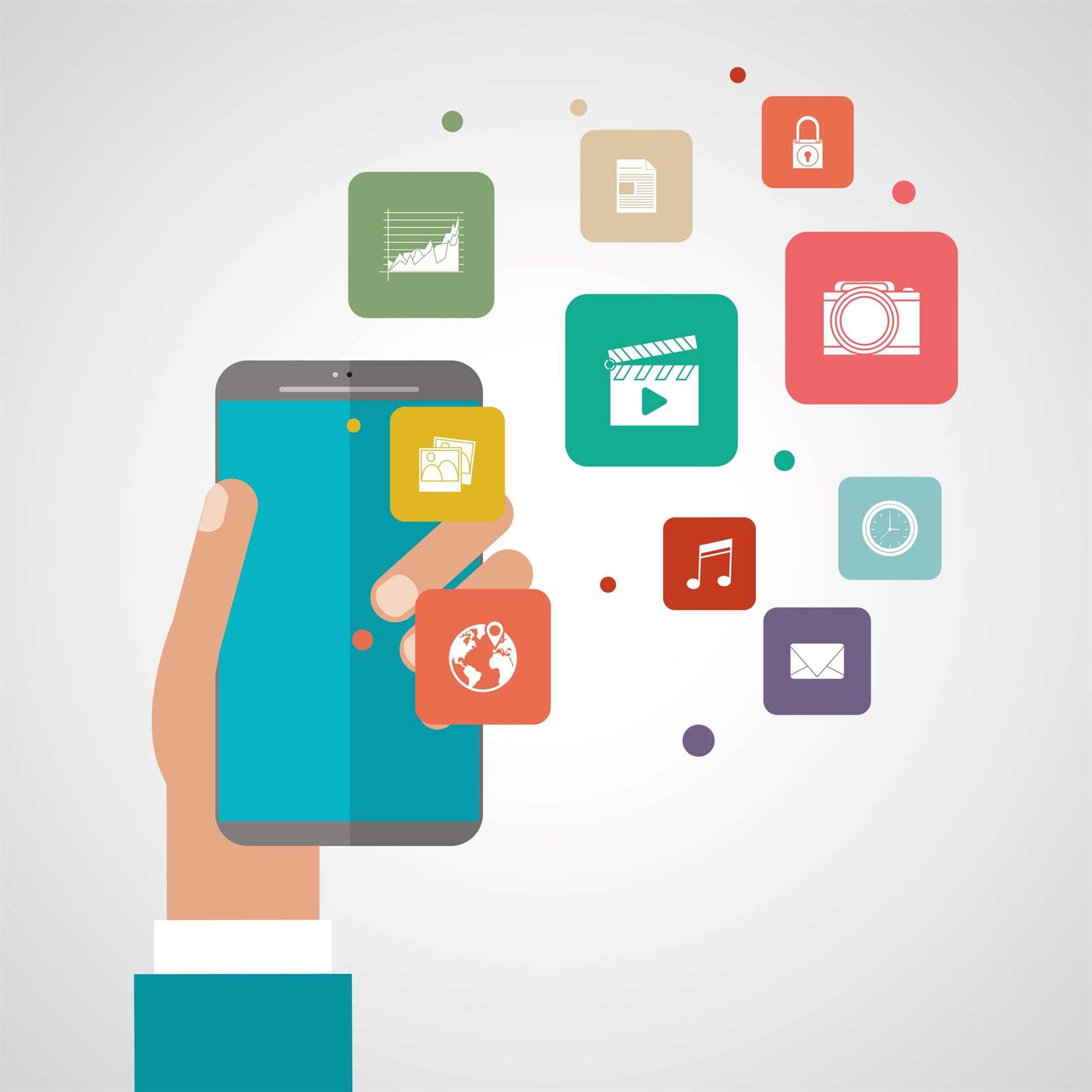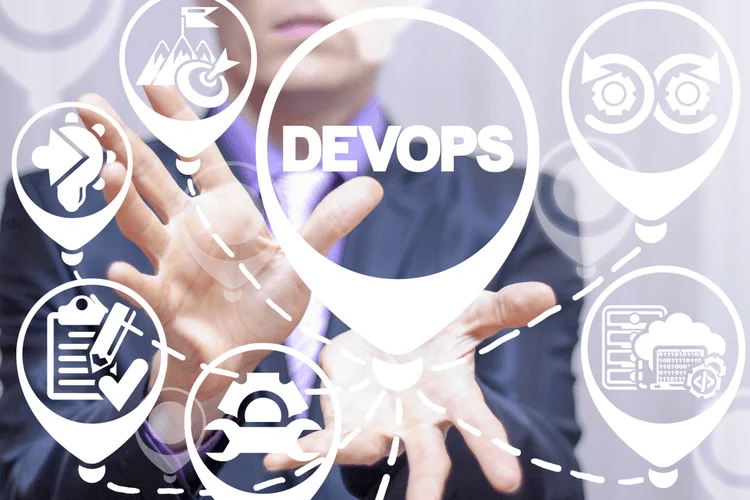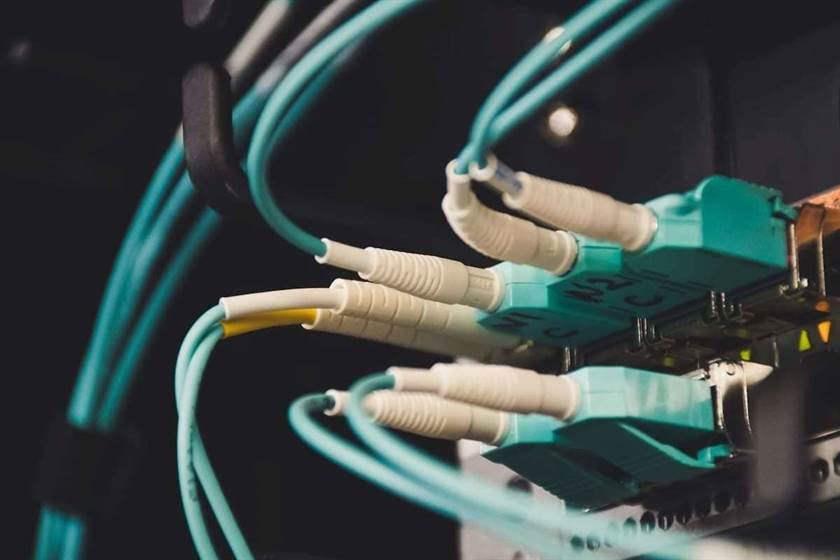Content
- Selecting the Right Platform For Your IoT Solution
- IoT Cloud Platforms (a.k.a. Application Enablement IoT Platforms)
- Practical view on the technologies of tomorrow
- IoT platforms: many flavors, similar capabilities, different strengths and diverse partner models
- IoT Device Platforms
- What is an IoT platform and how does it help in IoT projects?
One of the biggest benefits of cloud platforms is their scalability; regardless of how small you start; a cloud platform can grow with you and your IoT system. Device management platforms also provide support for over-the-air software updates. These platforms allow organizations to keep their devices up-to-date, secure, and compliant with industry standards without the need for IT staff to spend hours upgrading every system on-site. IoT Device Management Platforms provide tools for large organizations to monitor, troubleshoot, and update connected devices remotely.
- When comparing SD-WAN and VPN, enterprises choosing between the two technologies should consider factors like cost, management …
- The analytics platform functions as an analytics infrastructure used for running analytical apps, big data processing, or machine learning algorithms.
- IoT products are very complex because they have to integrate multiple components across the 5 layers of the IoT technology stack.
- That platform will offer you the best services for connecting the devices for doing a machine to machine communication.
- Organizations that don’t have a resident IoT expert will often want to utilize these services.
- It can discover, govern, integrate, analyze, transform and migrate data from various sources and in various formats such as Unix, Linux or Windows file systems, ISAM, MongoDB, LDIF, HIVE, JSON, S3, PostgreSQL, MQTT, Kafka and more.
The governments play key roles in smart city projects as changes in policies will help cities to implement the IoT which provides effectiveness, efficiency, and accuracy of the resources that are being used. The relationship between the technology developers and governments who manage the city’s assets, is key to provide open access to resources to users in an efficient way. Last but not least, IBM Watson IoT offers various features related to IoT solutions. This offers a completely accomplished cloud service for device management. Also, it provides utmost scalability and flexibility to connected devices. The IBM Watson IoT platform helps you to collect data from several sources like assets, buildings, automobiles, and others things.
Selecting the Right Platform For Your IoT Solution
Today, when the IoT connectivity environment is massively fragmented, the effective management of multi-protocol, multi-layer, or multi-network connections serves as a crucial factor that helps achieve security, productivity, and flexibility. The Microsoft open-source Internet of Things platform allows you to build safe and mountable edge-to-cloud results rapidly. As per the companies’ desires, you can use this platform for developing your apps flexibly. The Microsoft Azure IoT Platform offers ready-to-use tools, facilities, and models to develop the apps accordingly. Undoubtedly, this platform protects the data and files from the cloud.

Another example of a large deployment is the one completed by New York Waterways in New York City to connect all the city’s vessels and be able to monitor them live 24/7. The network was designed and engineered by Fluidmesh Networks, a Chicago-based company developing wireless networks for critical applications. The NYWW network is currently providing coverage on the Hudson River, East River, and Upper New York Bay. With the wireless network in place, NY Waterway is able to take control of its fleet and passengers in a way that was not previously possible. New applications can include security, energy and fleet management, digital signage, public Wi-Fi, paperless ticketing and others.
IoT Cloud Platforms (a.k.a. Application Enablement IoT Platforms)
A variety of sensors, lights, alarms and cameras are connected via IoT to provide 24×7 security. Most IoT devices are configured and managed through a software application. For example, an app on your smartphone to control the lights in your home. Some devices also have integrated web servers, which eliminates the need for external applications. IoT devices are hardware devices, such as sensors, gadgets, appliances and other machines that collect and exchange data over the Internet.
One of the key advantages of MindSphere is its ability to enable organizations to create tailored solutions that meet their specific requirements. This is achieved through a combination of cutting-edge analytics and machine learning tools, which can help users extract valuable insights from their data in real-time. These insights can be used to optimize operations, reduce costs, and make informed decisions that can have a significant impact on the bottom line. The Internet of Things is a rapidly growing technology that is transforming the way we interact with the world around us.
Practical view on the technologies of tomorrow
After all, IoT platforms abstract the hardware and, at the same time, simplify deployment, improve resiliency, maximize scalability, increase reliability, reduce cost, and minimize latency. Undoubtedly, the IRI Voracity https://globalcloudteam.com/ is an all-rounder data management platform that allows IoT data control at every business process level. From data detection to data analytics, IRI Voracity can handle every single thing smoothly and easily.

Most of the Cloud platforms already include analysis tools, which may be enough for many applications. The IoT device platforms you used pre-market fit might be too expensive or bloated to deploy at scale. At this stage, it’s common to completely redesign your IoT device to meet your specific product and company goals. This requires you to understand your customer’s needs and propose potential solutions to address them.
IoT platforms: many flavors, similar capabilities, different strengths and diverse partner models
As I mentioned above, the lines between the various platforms are starting to blur. Today, you’ll find chip manufacturers like ARM, who have robust connectivity and Cloud platforms. Or Cloud providers like Microsoft who have a robust IoT device platform . Once you find product-market fit and are ready to scale, it’s time to invest in custom hardware. Your goal is to optimize for form-factor, cost, supply chain, and serviceability.

A good example will be choosing the GE predix or IBM Watson over Particle for the implementation of an Industrial IoT based solution. For expertise in the service being provided, it is important to ensure the platform provider has spent a good number of years within that space. Companies should select IoT platforms that can run on multiple gateways iot platform vendors and specialized devices. Such platforms should also provide a unified software platform to efficiently manage a fleet of heterogeneous devices. So, if you want your business to take advantage of this impact and how everyone experiences the world around them, then you should focus your developments on the creation of “connected applications”.
IoT Device Platforms
The IoT can benefit the construction industry by cost-saving, time reduction, better quality workday, paperless workflow and increase in productivity. It can help in taking faster decisions and saving money in Real-Time Data Analytics. It can also be used for scheduling repair and maintenance activities efficiently, by coordinating tasks between different service providers and users of these facilities.
